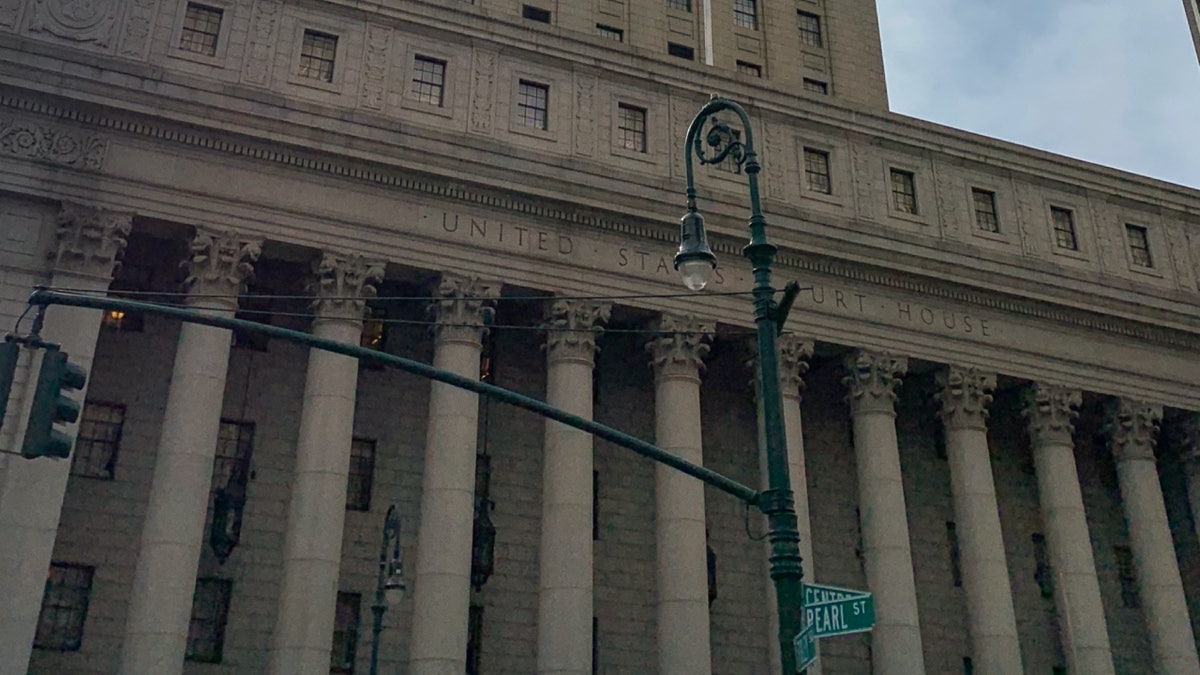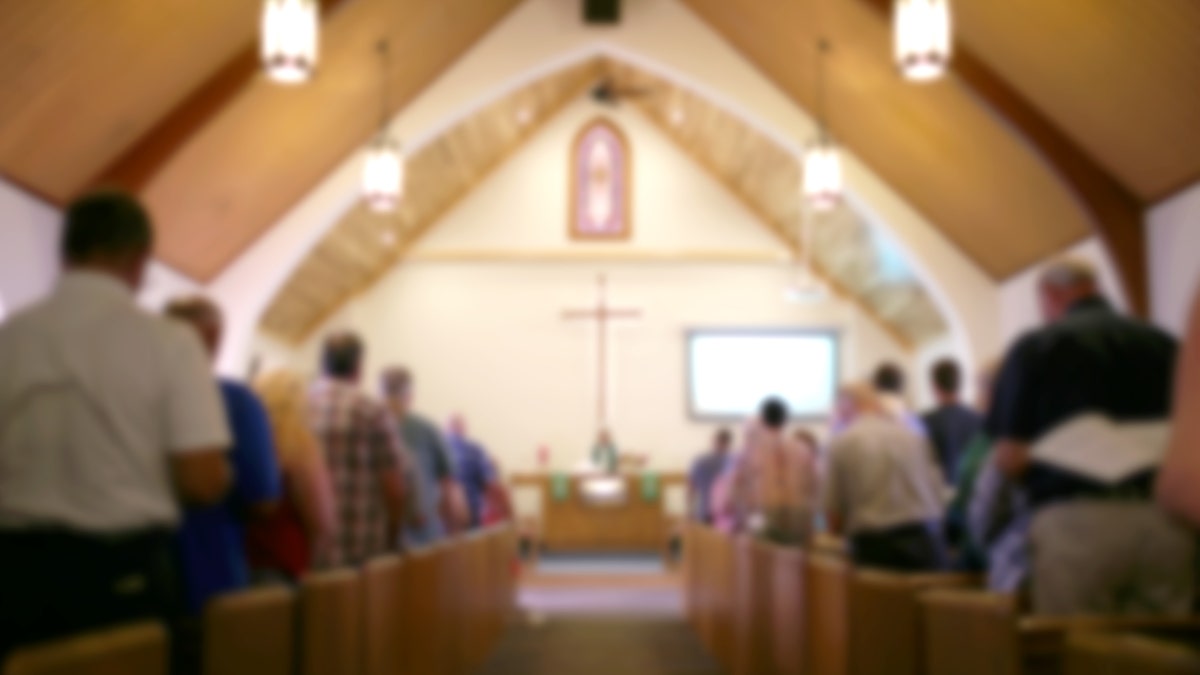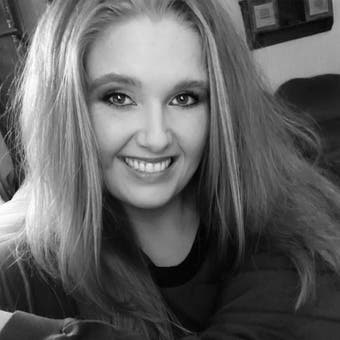Roman Catholic Diocese of Brooklyn asks Supreme Court to halt New York church restrictions
Theologian and Fox News contributor Jonathan Morris weighs in on the religious pushback to coronavirus restrictions.
A New York church is challenging an allegedly unconstitutional ban on firearms in houses of worship which they allege discriminates against religious establishments and makes them vulnerable to outside violence.
First Liberty Institute, a non-profit public interest law firm, and law firm Clement & Murphy filed a lawsuit on behalf of His Tabernacle Family Church, a nondenominational establishment in upstate New York, alleging the law infringes upon citizens' constitutional rights.
"What our lawsuit is seeking is simply equal treatment, that if the state of New York is allowing the owners and managers of secular businesses to decide for themselves whether the patrons there can carry firearms. Religious leaders are entitled to that same respect and that same trust," Jordan Pratt, Senior Counsel at First Liberty Institute, told Fox News Digital on Monday.

U.S. Court of Appeals, 2nd circuit (HaizhanZheng via Getty Images)
"The state of New York currently is discriminating against houses of worship by removing from them the ability that it's giving almost all other secular establishments," he continued.
Critics accuse the law of violating two Supreme Court rulings, one from 2020 which chided The Empire State for enacting COVID-era policies instructing churches on how to worship, particularly in terms of occupancy.
Another case from last year dealt a blow to the state's attempts to restrict firearm possession outside the home when justices decided on a landmark case and determined public carry
In a press release emailed to Fox News Digital, First Liberty Institute said New York wasted no time reverting to its restrictive habits.
HERO IN TENNESSEE CHURCH SHOOTING PROVES GUNS COULD REDUCE CRIME, EXPERT SAYS

A blurred photo of the inside of a church sanctuary that is filled with people in the pews, and the pastor stands under a large cross at the altar. (iStock)
"Just days later, New York enacted expansive new laws that defy both of those rulings by establishing a total ban on carrying firearms in houses of worship," the March 20 release read.
"New York now imposes criminal liability on any person who carries a firearm into a place of worship regardless of whether that person possesses a license to carry a firearm under New York law, and regardless of whether the religious community would prefer to authorize congregants to carry a firearm."
Pratt said the current law banning firearms from houses of worship allows many secular sites to choose whether they will allow patrons to carry a concealed weapon at their respective location.
"The State of New York says, if you are a house of worship, that same authority that we give to all these other property owners, we're not going to give it to you," he said.
TEXAS CHURCH SHOOTING NOT THE FIRST TIME A GOOD GUY WITH A GUN TAKES DOWN MASS SHOOTER
The policy raises red flags over something Pratt says even the state has acknowledged is an issue – violence and hate toward religious establishments and "vulnerability of houses of worship to violence" committed by outsiders, particularly noting a 2018 shooting at a Pennsylvania synagogue and a 2017 incident at a Texas church that exemplified the "good guy with a gun" scenario.
"There was a stark difference between how the attacks unfolded," Pratt said. "For example, the Tree of Life synagogue compared to the church just outside Dallas, Fort Worth, Texas… the attack [at the church] ended within 5 seconds because there was an armed parishioner."
"I would submit that it's not only constitutionally problematic on multiple fronts for New York to do this, but just as a matter of common sense," Pratt continued. "This is not protecting houses of worship to strip them of the ability to decide how best to protect themselves is not protecting us."
CLICK HERE TO GET THE FOX NEWS APP
He reiterated that the pending lawsuit does not seek to mandate concealed carry in houses of worship, but rather seeks to provide equal treatment for religious and secular sites.
The plaintiffs urged the United States Court of Appeals for the Second Circuit to reject the prohibition last Monday.




